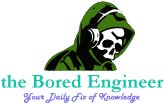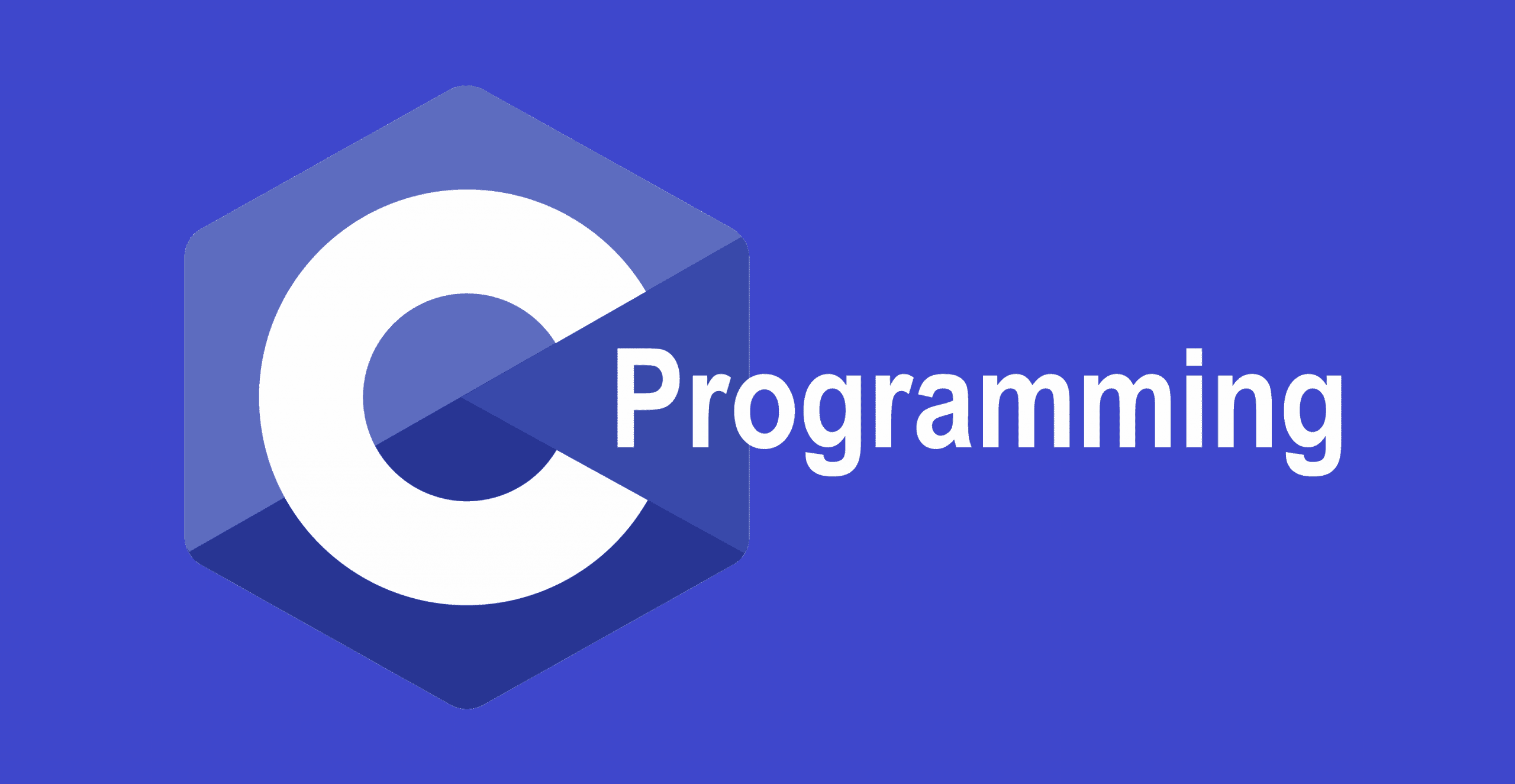Top 10 C Programming Books
In this post, I am going to talk about the top 10 C programming books that I have read and would like to recommend. Keep in mind that there might be books not included in this list that I haven’t read yet and they deserve to be here. Also, the list is not in any particular order. All of them are good books. Finally, I have included books suitable for both beginners and experienced programmers.
Book Difficulty: Beginner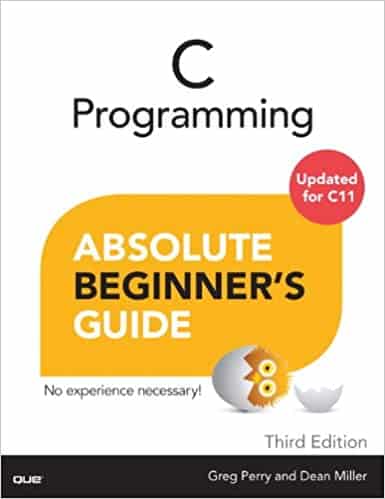
‘C Programming Absolute Beginner’s Guide’
by Greg Perry & Dean Miller
This book is extremely beginner-friendly and explains basic concepts of C language in clear and easy steps. It covers all basic topics such as: how to organize programs, store and display data, work with variables, operators, I/O, pointers, arrays, functions and much more. It also has many sample codes to study and modify as per your need and create various apps and games. In conclusion, this is the perfect book for beginners to get into C programming.
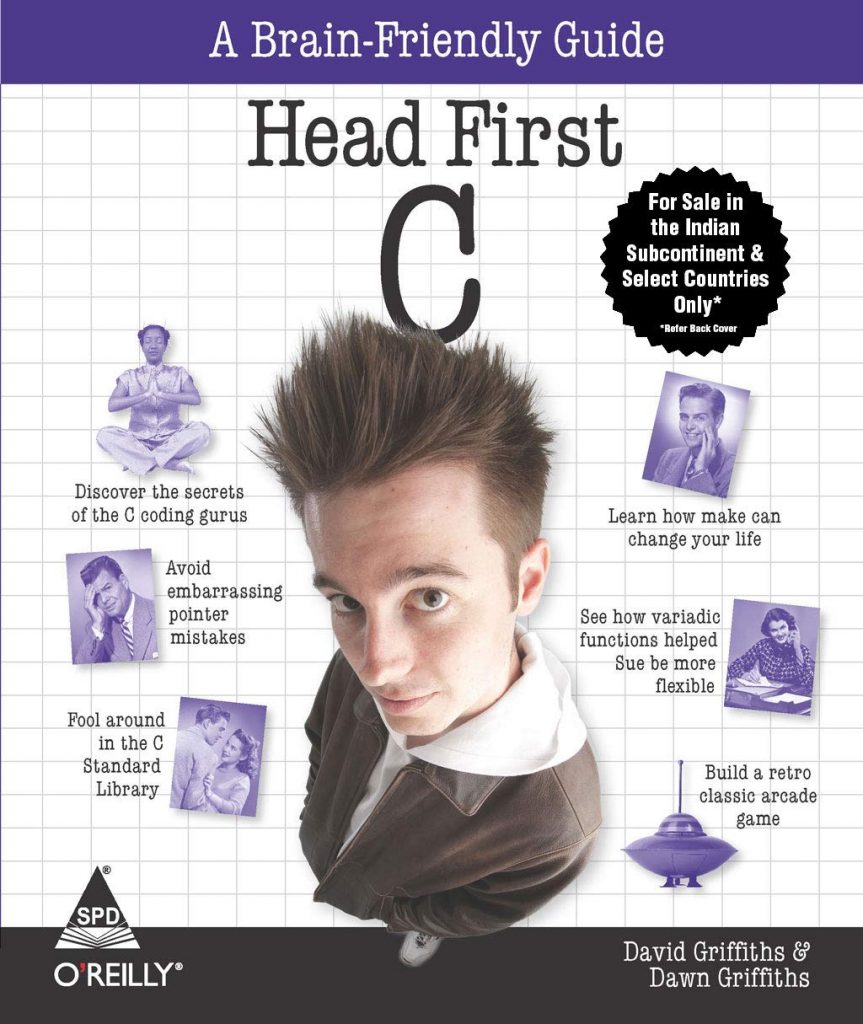
‘Head First C: A Brain-Friendly Guide’
by David Griffiths & Dawn Griffiths
This book is a complete learning experience in creating programs in the C language. It employs a unique method that goes beyond syntax and manuals. It covers all the key topics such as language basics, pointers, arithmetic & dynamic memory management and more along with higher-level concepts such as multithreading and network programming. This book is ideal as a text/reference book for a college-level course. It also features labs, which are projects intended to stretch and test the readers’ skills and knowledge.
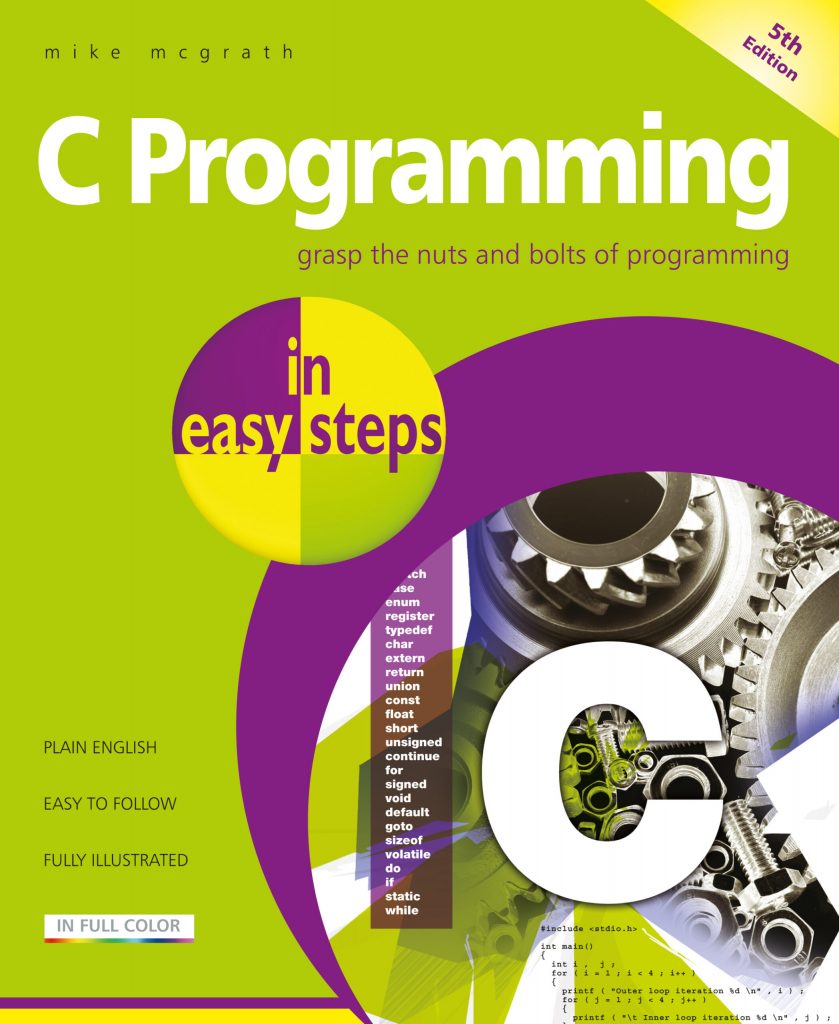
‘C Programming in Easy Steps (5th Edition)’
by Mike McGrath
This book offers an easy-to-follow style that appeals to everyone, but it is especially suited for starting programming in C. It is also suitable for school and college students who are studying the language in their classes. This book is great to build a fundamental understanding of procedural programming.
The book starts with basic concepts such as downloading and installing a free C compiler and covering everything separately. You do not need any previous knowledge of any programming language for understanding this book which makes it ideal for newcomers. The book also has complete example programs to demonstrate various aspects of C together with screenshots that illustrate the output when the program is executed. The fourth edition of this book has been revised to cover the GNU compiler version 6.3.0 and Windows 10.
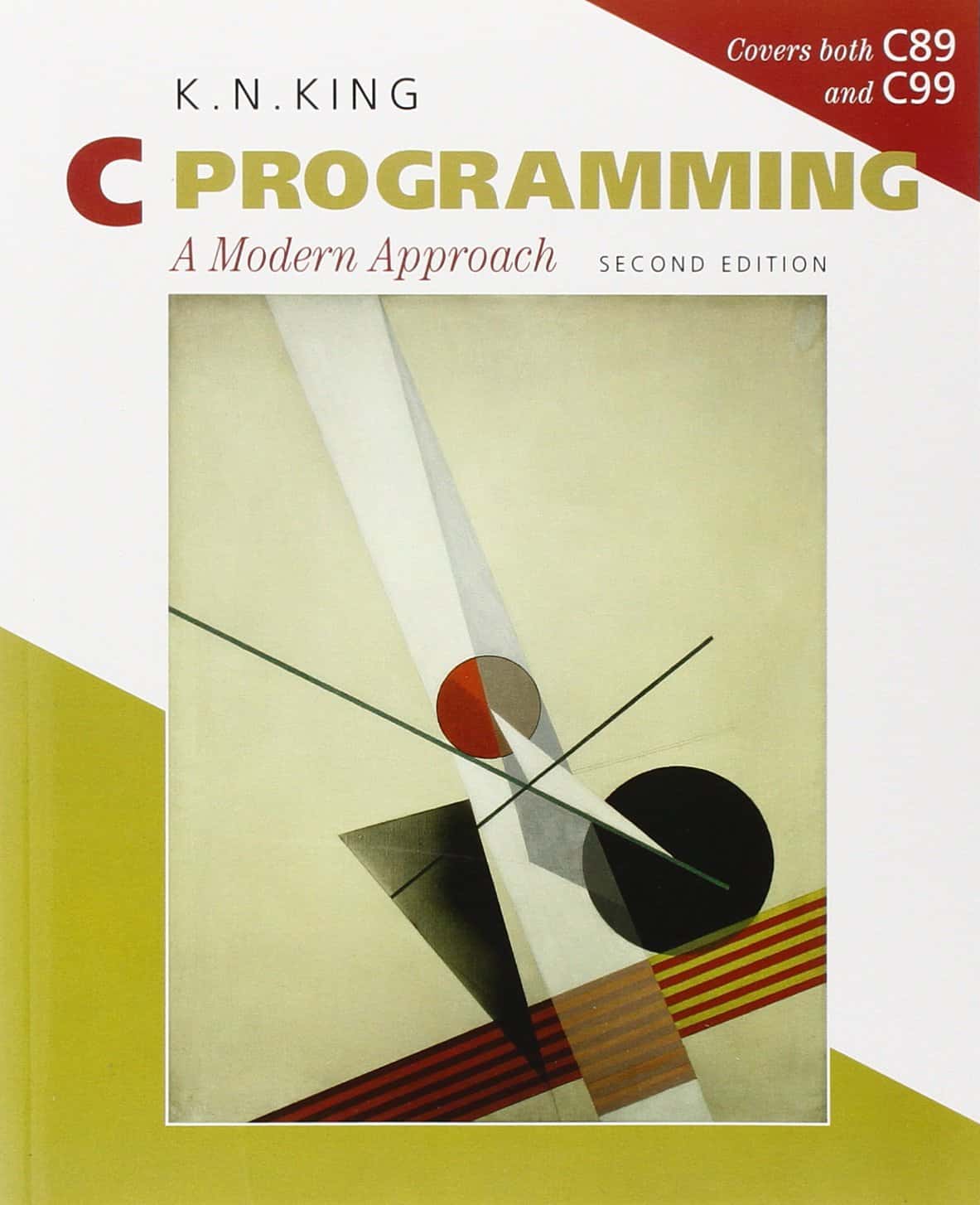
‘C Programming: A Modern Approach’
by K.N. King
This book is targeted towards people with no prior programming knowledge or experience. It provides a comprehensive study of major C programming concepts and covers all the information needed by a C programmer to use the standard C library. The book is written in easy to understand language with less jargon. It also includes a significant number of exercises and projects for hands-on programming lessons.
This book has also been adopted in over 225 colleges as the leading textbook for C programming related courses. The second edition of this book updates it to the latest C99 standard along with the inclusion of many new exercises, programming projects, revisions and updates.
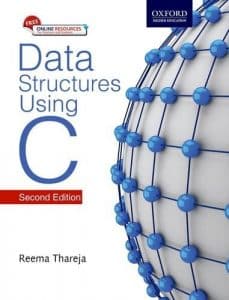
‘Data Structures Using C (2nd Edition)’
by Reema Thareja
The second edition of this book was developed to provide comprehensive and consistent coverage of both the abstract concepts of data structures as well as their implementation using the C language. The book starts with a thorough overview of the concepts of C programming followed by the introduction of different data structures and methods to analyze the complexity of different algorithms. It then connects these concepts with the study of various data structures such as arrays, strings, linked lists, stacks, queues, trees, heaps and graphs.
The book takes a systematic approach wherein the design of each of the data structures is followed by algorithms of different operations that can be performed on them, and then the analysis of these algorithms in terms of their running times and efficiency. Each chapter also includes a variety of end-chapter exercises in the form of MCQs with answers, review questions, and programming exercises.
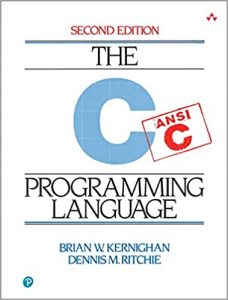
‘The C Programming Language (2nd Edition)’
by Kernighan W Brian & Ritchie Dennis
Ritchie Dennis who is the co-author of this book is also the one who created the C language. Therefore this book becomes a necessity for every serious programmer’s library. It is not so beginner-friendly and you would require a background in Data-Structure to easily follow most of the examples provided in this book.
This is one of C’s best-selling books over the last fifty years and has been called everything from the “bible of C programming” to “a landmark in computer science”. This book has influenced generations of programmers throughout its lifetime and is still the best reference book to understand the concepts of C programming directly from the creator of C programming.
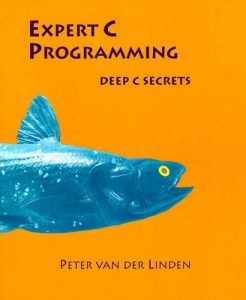
‘Expert C Programming: Deep Secrets’
by Peter van der Linden
This book defies the stereotype notion that technical books tend to be boring, by offering a lively and often humorous look at many aspects of C programming. This book is geared towards experienced programmers of the C language and the author reveals his advanced tips, tricks and knowledge through invaluable anecdotes such as stories of costly bugs and more. Each chapter ends with a section entitled “Some Light Relief “, which discusses topics that some may consider recreational such as programming contests.
This book will help a C programmer reach new heights as a professional. It has been organized to make it easy for the reader to scan to sections that are relevant to their immediate needs. The book ends with a fabulous appendix on job interview questions that are relevant as well as important.
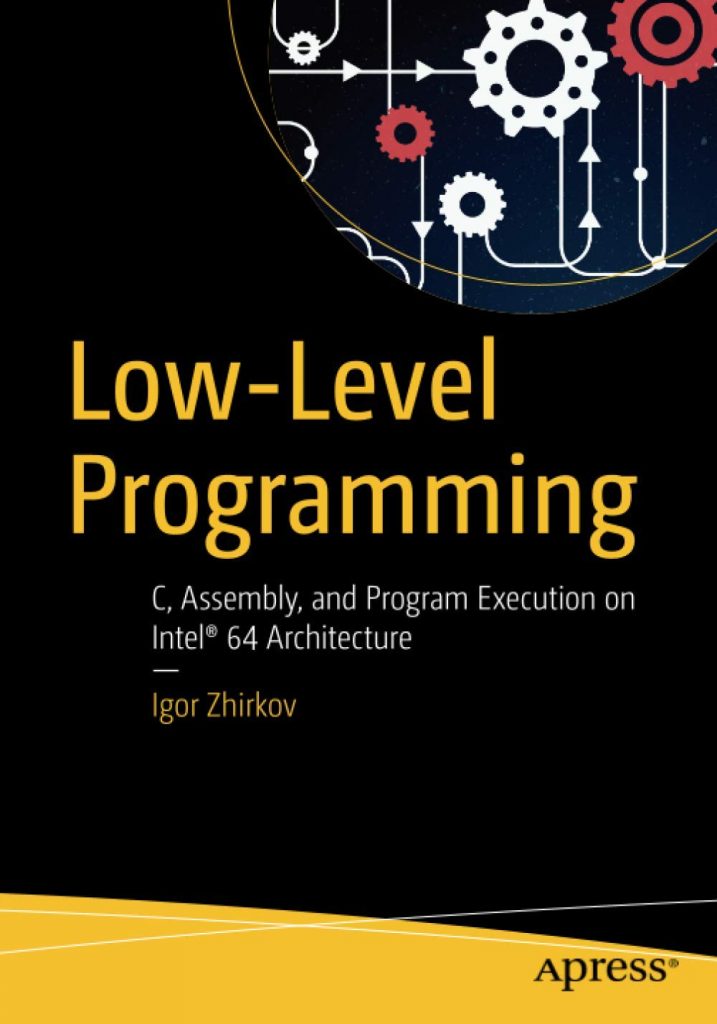
‘Low-Level Programming: C, Assembly, and Program Execution’
by Igor Zhirkov
This book teaches Intel 64 assembly language, its architecture and how it interacts with C in great detail. It can help you understand how the programs are compiled and executed down to machine level instructions which will enable you to write robust and high-performance C code.
This book teaches one of the latest versions of C (C11) as well as assembly language from scratch. It covers the entire path from source code to program execution including the generation of ELF object files as well as static and dynamic linking. Code examples, as well as exercises, are included along with tips on best code practices. Optimization capabilities and limits of modern compilers are also examined in this book which will enable you to balance between program readability and performance. The use of various performance-gain techniques is also demonstrated such as SSE instructions and pre-fetching. Relevant computer science topics such as models of computation and formal grammars are addressed and their practical values are explained.
This book is geared towards advanced C users such as industry professionals or students in higher education courses. It is an ideal book to explore and understand the behind the scenes action in C language.
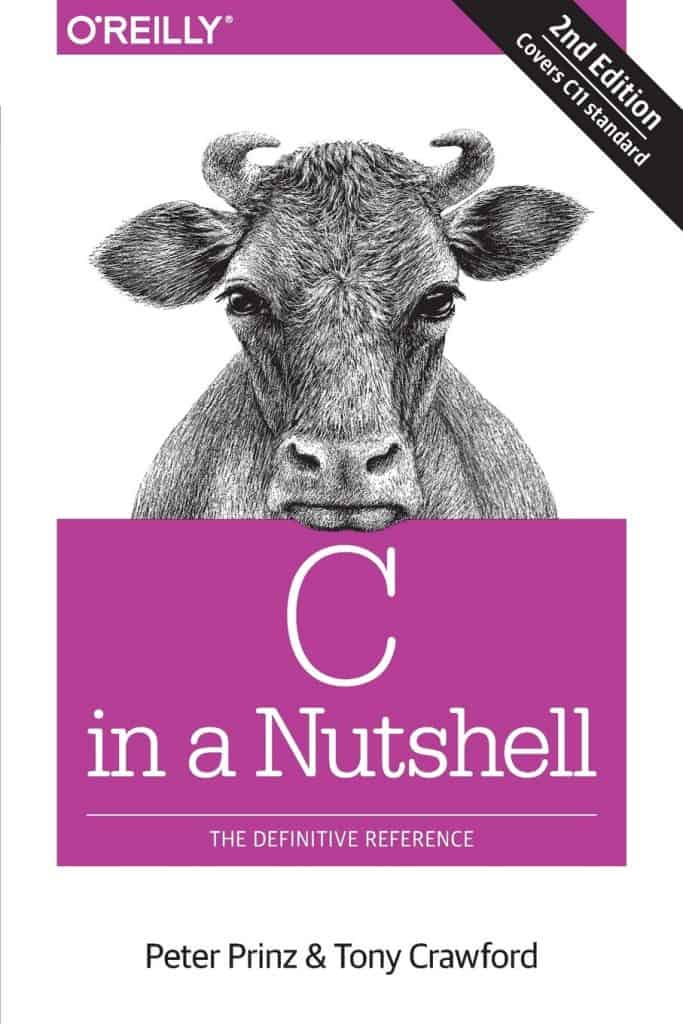
‘C in a Nutshell: The Definitive Reference (2nd Edition)’
by Peter Prinz & Tony Crawford
This is a modern C reference book written for experienced C programmers. The book can help you to learn how to build C programs with GNU and build executable programs from C source code. It also teaches you to test and debug your programs using the GNU debugger. This book is also a convenient way to explore the concepts of the C language, including recently added features. The new edition of this book includes multithreading and an introduction to IDEs.
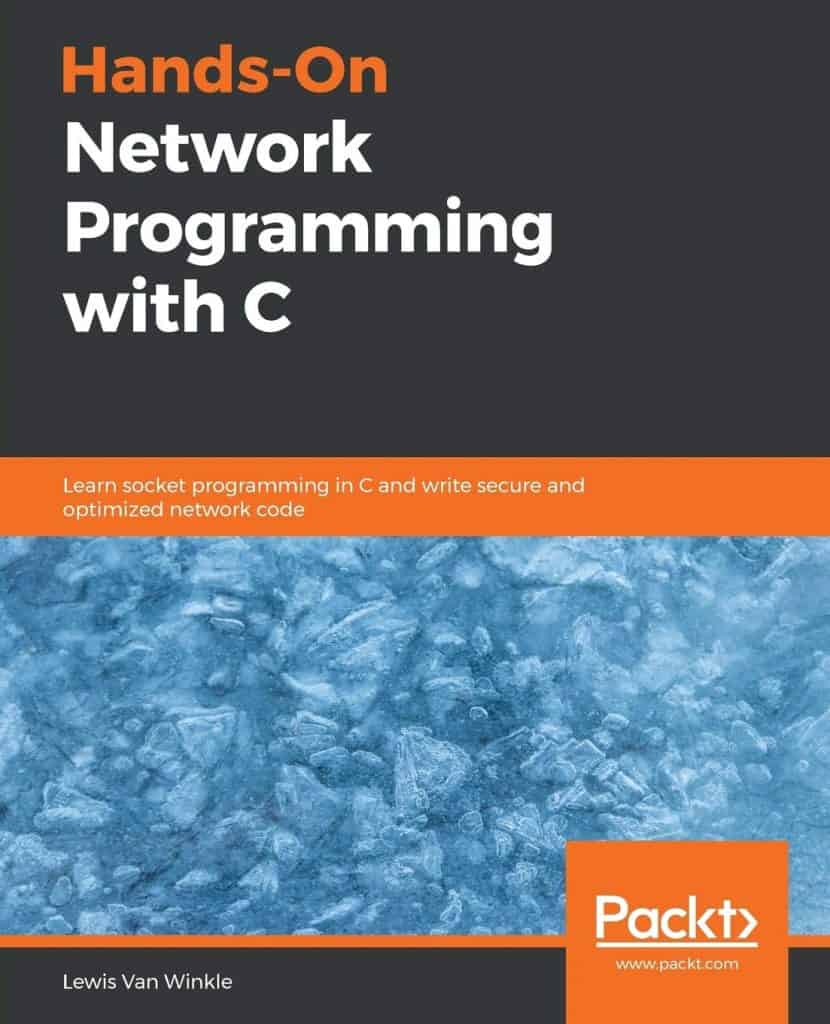
‘Hands-on Network Programming with C’
by Lewis Van Winkle
This is a comprehensive guide to C programming with network sockets, implementing protocols, designing IoT devices and much more. The book covers core concepts such as hostname resolution with DNS, which is crucial to the functioning of the modern web. It also delves into fundamental network protocols (TCP & UDP), essential techniques for networking paradigms such as client-server and peer-to-peer models, as well as HTTP and HTTPS protocols from both client and server perspectives.
By the end of this book, you will have applied the concepts and gained insights into web programming for IoT and learnt about network monitoring and implementing security best practices. You will have also gained experience working with client-server applications and be able to implement new network programs in C.
The code samples given in this book are compatible with the older C99 version as well as the latest C18 and the C++17 standards.
Sharing is Caring
If you liked this post, then feel free to share it with your loved ones!
